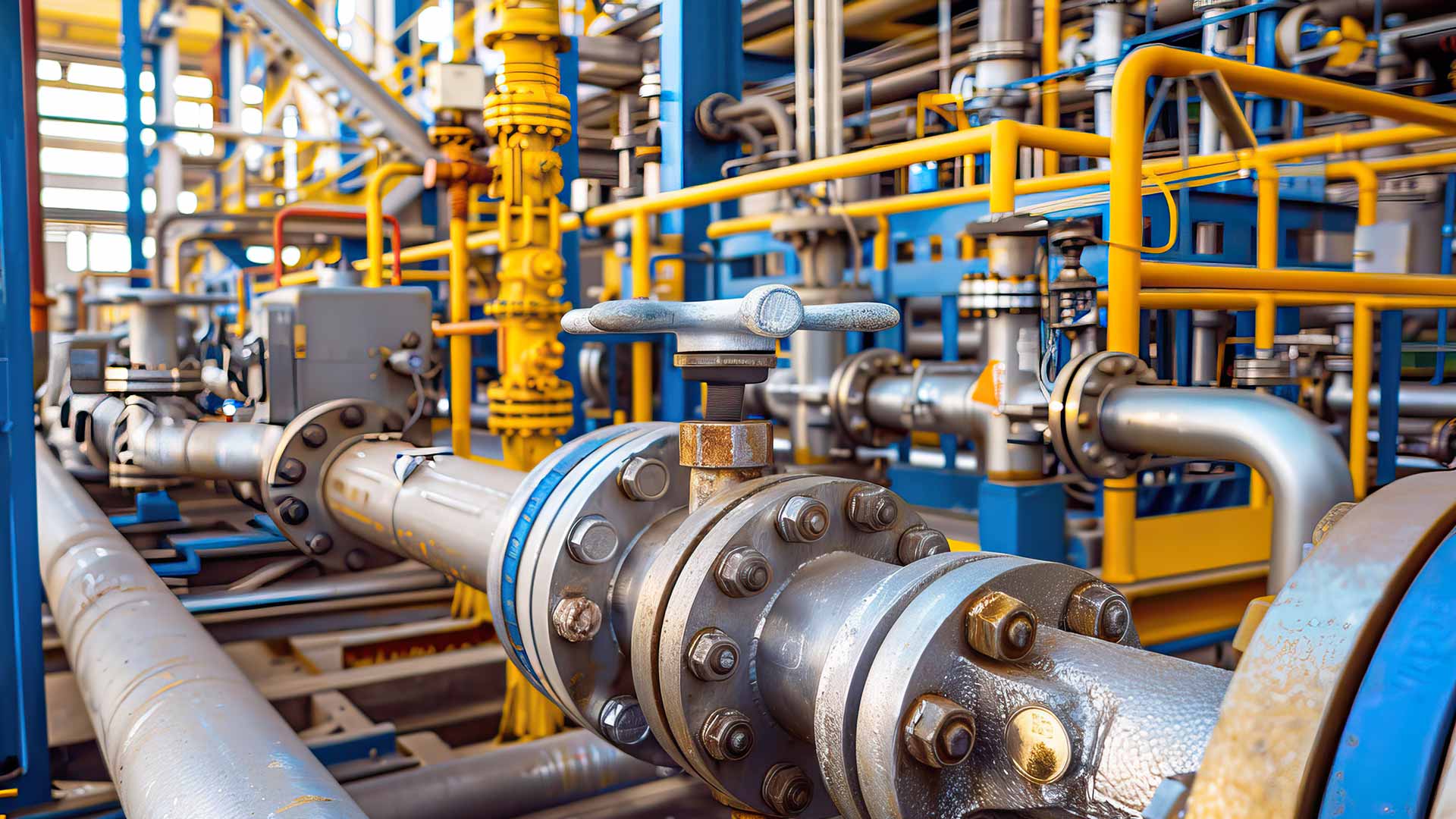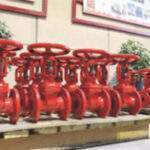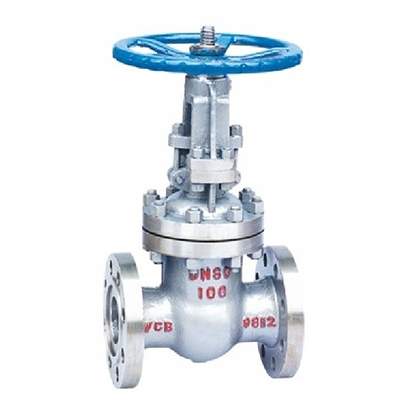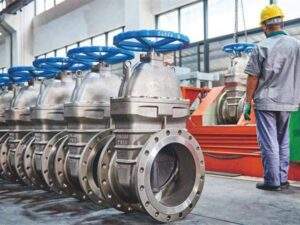Welcome to My Blog!
Before we dive into the content, if you’re interested in our products or have any questions, please feel free to visit our Contact Us page on the website. Our team is ready to assist you with inquiries, orders, or any support you may need.
Now, let’s get started on our journey together. I hope you find the content here insightful, engaging, and valuable.
Introduction
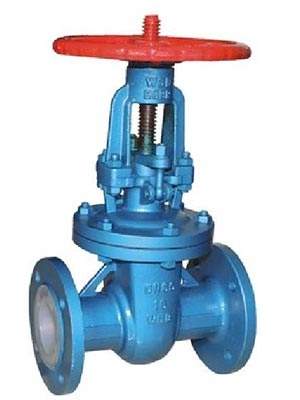
Fluorine lined valves are specialized valves designed with a corrosion-resistant fluoropolymer lining, such as PTFE, FEP, or PFA. These valves are widely used in industries where chemical resistance and long-term durability are critical. Unlike traditional metal valves, fluorine lined valves provide a protective barrier that prevents aggressive media from coming into contact with the valve body, extending the lifespan of the piping system.
Key features of fluorine lined valves include excellent chemical resistance, high-temperature tolerance, and low friction, making them ideal for handling corrosive liquids and gases. Common types include fluorine lined ball valves, fluorine lined butterfly valves, and fluorine lined globe valves, each suited for specific industrial applications.
How Corrosion Occurs in Industrial Piping Systems
Corrosion in piping systems is a major concern for industries such as chemical processing, petrochemical, and water treatment. There are several types of corrosion that can damage valves and piping:
- Uniform corrosion: Gradual and even wear of metal surfaces.
- Pitting corrosion: Localized damage causing small holes or pits.
- Crevice corrosion: Occurs in narrow spaces where corrosive fluids accumulate.
Traditional materials like stainless steel, carbon steel, or iron are often susceptible to these types of corrosion when exposed to strong acids, alkalis, or other aggressive chemicals. Corrosion can lead to equipment failure, costly downtime, and potential safety hazards.
How Fluorine Lining Prevents Corrosion
Fluorine lined valves prevent corrosion by creating a chemical-resistant barrier between the fluid and the metal valve body. Fluoropolymers such as PTFE, FEP, and PFA are inert to most acids, bases, and solvents, making them highly effective in corrosive environments.
Advantages of fluorine lined valves include:
- Chemical resistance: Handles highly aggressive fluids without degrading.
- High-temperature and pressure tolerance: Suitable for industrial processes that involve extreme conditions.
- Longevity: Reduced maintenance and longer service life compared to unlined metal valves.
These features make fluorine lined valves a preferred choice for industrial applications where durability and safety are paramount.
Applications of Fluorine Lined Valves
Fluorine lined valves are widely used across multiple industries:
- Chemical Processing Plants: To handle strong acids, alkalis, and solvents.
- Petrochemical Industry: For controlling highly corrosive hydrocarbons and chemicals.
- Pharmaceutical and Food Industry: For hygienic applications and safe chemical transfer.
- Water Treatment Systems: To prevent corrosion from chlorine, acids, or wastewater chemicals.
In all these scenarios, fluorine lined valves provide reliable performance and minimize the risk of corrosion-related failures.
Types of Fluorine Lined Valves and Their Uses
There are several types of fluorine lined valves, each designed for specific purposes:
- Fluorine Lined Ball Valves: Provide precise control and shut-off in chemical pipelines.
- Fluorine Lined Butterfly Valves: Ideal for larger diameter pipes and low-pressure systems.
- Fluorine Lined Globe Valves: Offer throttling control and regulate flow in high-pressure applications.
Selecting the right type of valve depends on factors such as the chemical media, operating temperature, pressure, and required flow control.
Maintenance Tips for Fluorine Lined Valves
Even though fluorine lined valves are highly durable, proper maintenance ensures optimal performance:
- Regular cleaning: Remove chemical residues to prevent buildup and potential damage.
- Routine inspections: Check for lining wear, cracks, or leaks periodically.
- Troubleshooting common issues: Identify and replace damaged seals, and ensure the valve operates smoothly.
Proper maintenance extends the valve’s lifespan and maximizes corrosion resistance benefits.
Buying Guide for Fluorine Lined Valves
When purchasing fluorine lined valves, consider the following:
- Supplier selection: Choose reliable manufacturers with proven quality standards.
- Price vs quality: Balance cost with material grade, lining thickness, and durability.
- Customization options: Some suppliers offer valves tailored to specific industrial needs, including unusual sizes, pressures, or chemical compatibility.
A well-informed purchase ensures long-term efficiency and minimizes downtime.
Case Studies: Successful Use of Fluorine Lined Valves
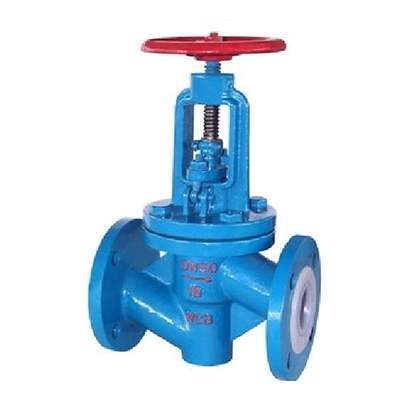
Several industries have reported significant improvements in corrosion control using fluorine lined valves:
- Chemical Plants: Reduced maintenance costs by 30% due to extended valve life.
- Petrochemical Piping: Fluorine lined valves resisted highly corrosive hydrocarbons, preventing leaks.
- Water Treatment Systems: Improved system reliability by handling aggressive wastewater chemicals without degradation.
These case studies highlight the practical advantages of incorporating fluorine lined valves in industrial piping systems.
Conclusion
Fluorine lined valves offer unmatched corrosion resistance, durability, and chemical compatibility for industrial piping systems. By selecting the right type, maintaining proper operation, and sourcing from trusted suppliers, companies can enhance safety, reduce maintenance costs, and extend the life of their piping infrastructure.
Investing in high-quality fluorine lined valves is a proactive step for industries aiming to optimize performance while preventing costly corrosion-related issues.
FAQ
What is a Fluorine Lined Valve?
A fluorine lined valve is a type of valve coated with a fluoropolymer lining, such as PTFE, FEP, or PFA. It provides excellent corrosion resistance and is ideal for handling aggressive chemicals in industrial piping systems.
How do Fluorine Lined Valves prevent corrosion?
The fluorine lining acts as a protective barrier between the fluid and the metal valve body, resisting acids, alkalis, and solvents. This prevents corrosion, extends valve life, and reduces maintenance costs.
What industries commonly use Fluorine Lined Valves?
Fluorine lined valves are widely used in chemical processing, petrochemical, pharmaceutical, food, and water treatment industries where corrosion resistance and chemical durability are critical.
What types of Fluorine Lined Valves are available?
Common types include fluorine lined ball valves, butterfly valves, and globe valves. Each type is designed for specific applications, pressures, and flow control requirements.
How should Fluorine Lined Valves be maintained?
Regular cleaning, routine inspections, and timely replacement of worn seals are essential. Proper maintenance ensures optimal performance, maximum corrosion resistance, and longer service life.
Need Help Choosing the Right Fluorine Lined Valve?
If you’re unsure which fluorine lined valve is best for your industrial system or chemical process, our experts are here to guide you. Contact us today for a personalized consultation and ensure your piping system is corrosion-resistant, safe, and efficient. Don’t wait until corrosion or leaks cause downtime—get in touch now to protect your equipment and operations!

